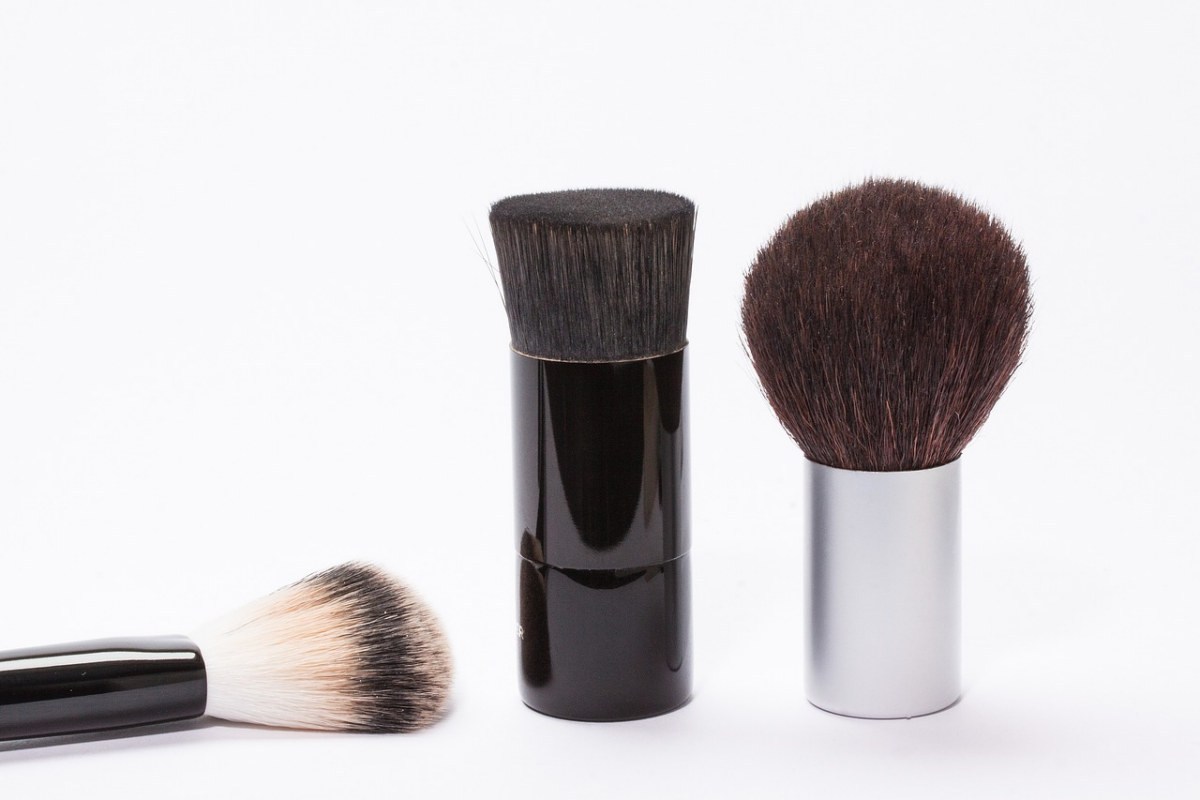How Nigeria’s Beauty Market is Bucking the Trend

Despite economic uncertainty and dwindling consumer confidence in many other markets, Nigeria’s beauty and cosmetics industry has never been healthier. In 2023, revenue from cosmetics is expected to reach $1.6 billion, with a significant amount of sales coming from Nigeria’s thriving ecommerce sector.
By the end of the year, the personal care ecommerce market is expected to be worth more than $580 million alone. What’s more, this doesn’t appear to be a short-term blip. The cosmetics market in particular is set to enjoy considerable expansion over the next few years, with a 15.63% annual growth rate predicted.
What’s Behind This Market Growth?
The spending power of Nigerian consumers has taken a hit in recent years. Nonetheless, many industries have experienced sustained growth. But why exactly are beauty products and cosmetics outperforming other categories as far as sales receipts are concerned? The answer to this isn’t a simple one, with several different factors at play.
Many economic experts point to the urban sprawl of many of the country’s largest cities. Expanding urban populations serve as an obvious target for beauty brands. Generally speaking, these urbanites have more disposable income and are far more likely to engage with trends and marketing efforts.
Established brands are also now facing more competition than ever before. While newcomers to the market spell trouble for long-standing favourites, it’s good news for the consumer. One of the main ways that brands respond to increased competition is to broaden their product range. This ultimately brings shoppers more choices as far as product variety and pricing tiers are concerned.
Accessible Products from Affordable Brands
Another factor behind Nigeria’s buoyant beauty and cosmetics sectors is an increasing number of affordable brands hitting the market. In fact, it’s these cheaper brands in general that are doing the most for the industry. We’re not just talking about cut-price companies selling second-rate items.
Rather its recognisable but affordable product ranges from the likes of Rimmel. In the past, a particular shade of Rimmel lipstick would have been an elusive luxury with a significant price tag. Today, extensive ranges at budget-friendly prices are the standard.
Will Consumer Confidence Remain?
In June 2023, Nigeria recorded the highest inflation rate seen in the country in almost 20 years. Largely the result of a depreciated naira, consumers are having to spend considerably more than they would a year ago to buy exactly the same items. While many have cut corners with grocery choices or changed to a cheaper service provider, few people are prepared to compromise when it comes to health, beauty and cosmetic products.
Final Thoughts
Nonetheless, brands can’t assume that consumers will continue to spend on discretionary products, especially if inflation levels continue to rise. Fortunately, a significant number of companies have taken note of the financial hardship many Nigerians are facing and are adjusting their price points accordingly.
Now, what were once considered luxe items with an asking price to match are positioned far more affordably. In other words, consumers aren’t going to have to decide between a beauty must-have and an essential grocery. Taking all of this into account, those growth rate forecasts certainly seem likely.

